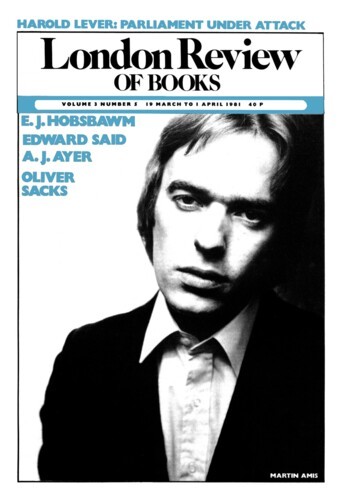Catholics and Marxists
Malcolm Deas, 19 March 1981
Edward Norman’s Reith Lectures reminded a surprised audience that His Kingdom is not of This World, and hinted that there was more than a little that was bogus about Third World theologians who sought to change that fundamental proposition. For this book he has brought together his Birkbeck Lectures at Cambridge and his Prideaux Lectures at Exeter to form a comparative account of ecclesiastical developments in Latin America and in South Africa. There are signs of hurry as he rushes from one engagement to another, but there is certainly an eager audience for his themes – a Christian international. As with the other international, it is often a credulous audience with a short memory, which has much to learn from a sceptical travelling Church historian. South Africa now stands alone. The Pope is on his journeys again. The book is undeniably topical. Dr Norman is not altogether convincing about the value of his comparison: the halves of his book are quite separate and one does not shed much light on the other. But he provides a useful background for those wishing to understand the varied churches of South Africa, and an essay on Latin America which will help Anglo-Saxons catch the nuances of Papal pronouncements on the poorer parts of the world.


